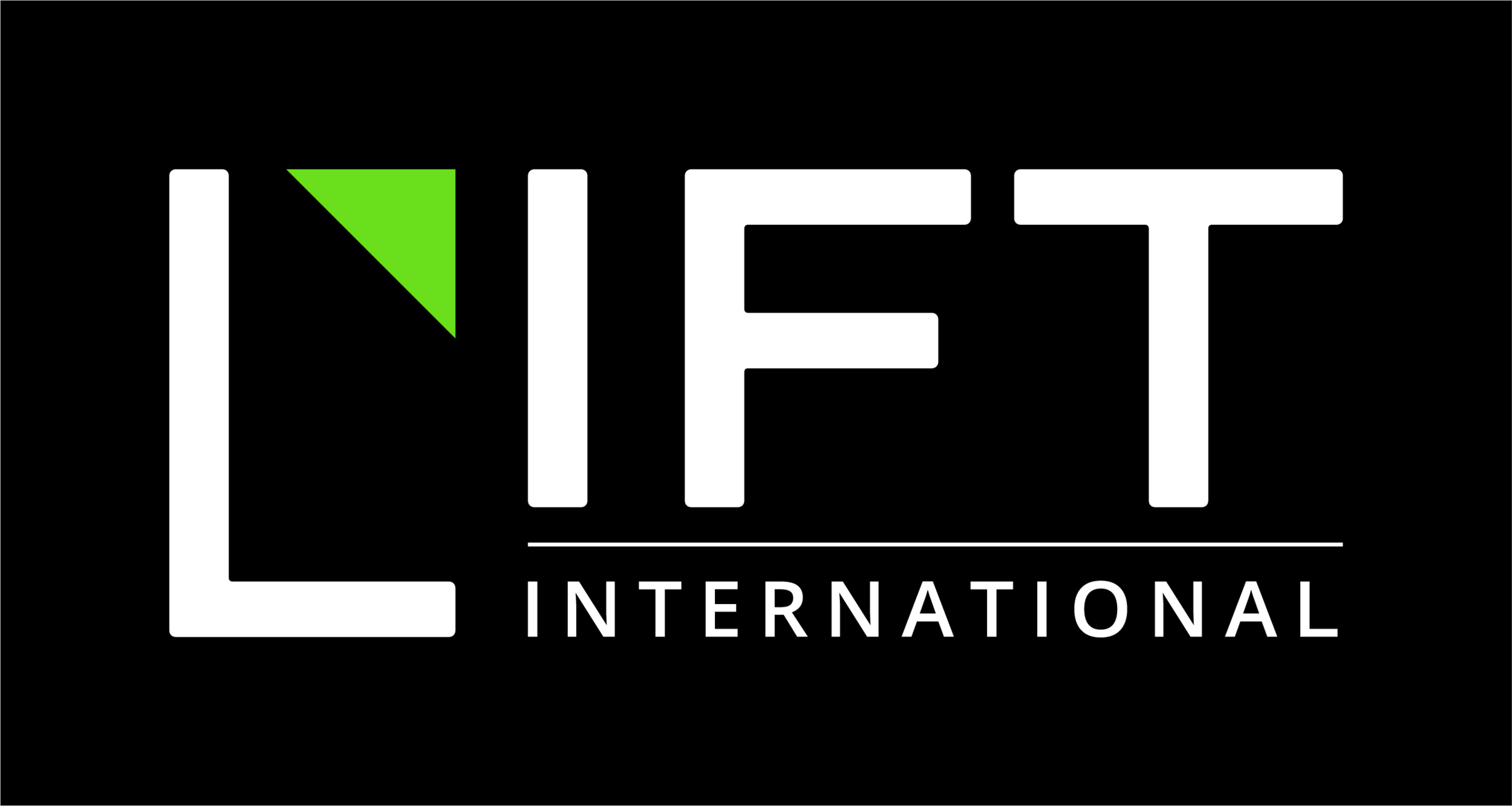Victim or Offender?
LIFT International assisted with a case in which 16 offenders were arrested on human trafficking charges. Three of these offenders, in this case called recruiters, were once victims themselves. According to the law, they will be prosecuted as traffickers. While laws in Thailand have come a long way in supporting victims of human trafficking, there are not yet special considerations for the circumstances which may have led a victim to recruit and traffick others. At this point, regardless of background, these recruiters will be charged with human trafficking.
How does this happen?
Statistically, one in three victims of domestic abuse will eventually become the abuser. It stands to reason that this might also apply to victims of trafficking.
In the trafficking industry 3/10 offenders are female, which is significantly higher than other crimes such as murder or robbery. Only 10-15% of all major non-trafficking criminal convictions are women. In addition, female traffickers tend to have more girl victims.
LIFT Social Worker, Janejinda Pawadee shares insight from her 20 years of experience working with trafficking victims. Jane’s range of experience in the anti-trafficking space has brought her to some of the following conclusions:
They just want to own their own business and have money for their family, whether that’s taking care of parents or children. At some point, they start to think they’ve already sold their body and lost their virginity, so it’s just a job. It’s just money. Without education or a family who is able to support them, what else would they do?
Victims of trafficking and abuse come to think of it as their fate in life. They tend to think it’s their fault. If they have an opportunity to rise out of the abuse into someone with a modicum of power, why wouldn’t they take that opportunity? Perhaps their only thought is freedom from oppression. They’re not thinking about the abuse of others. At some point, they might not even realize they have switched roles, due to seeing themselves so completely as the victim, without power, small, abandoned, unloved.
Jane reports that the girls feel close to the mamasan [1] , even respect or admire her. She provides for them, supplying shelter, food and necessities making them feel like a family. When prosecuting a mamasan, victims often find it difficult to speak against their mamasan for these reasons. A victim might think a mamasan is a worthy role to aspire to, compared with their current abusive situation. A mamasan has both power and respect, at least from a victim’s perspective. They may not see the layers of complexity beyond and above the mamasan’s role.
When they were a victim, they weren’t rescued. Because of this they don’t think it’s a problem, or they’re not really scared about getting caught.
Human trafficking does physical and psychological harm to victims, yet it is a profitable, low risk/high reward (profitable) industry, which is why exactly why LIFT fights against it. We work to get to the root of the problem, by strengthening justice systems and bringing systemic change to create a government which makes trafficking to be an industry with high risk and high consequences. When traffickers are held accountable and forced to pay a high price for their actions, we will see a decrease in people who are willing to take that risk.
[1] Mamasan : The woman is responsible for managing prostitution in nightclubs or brothels in Southeast Asian context.

